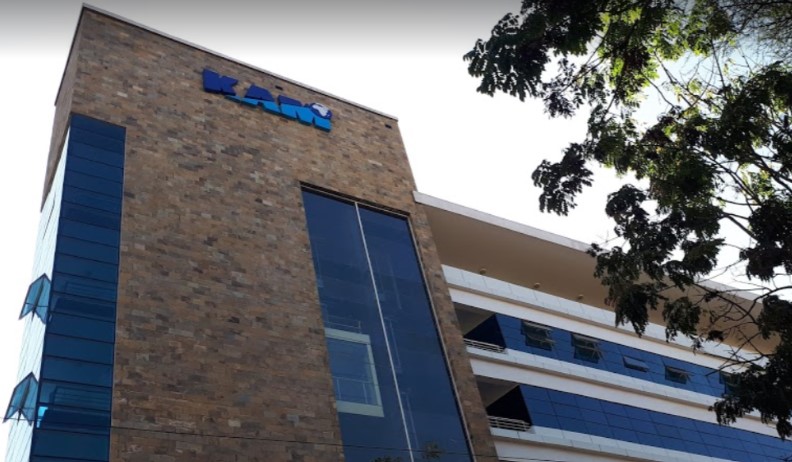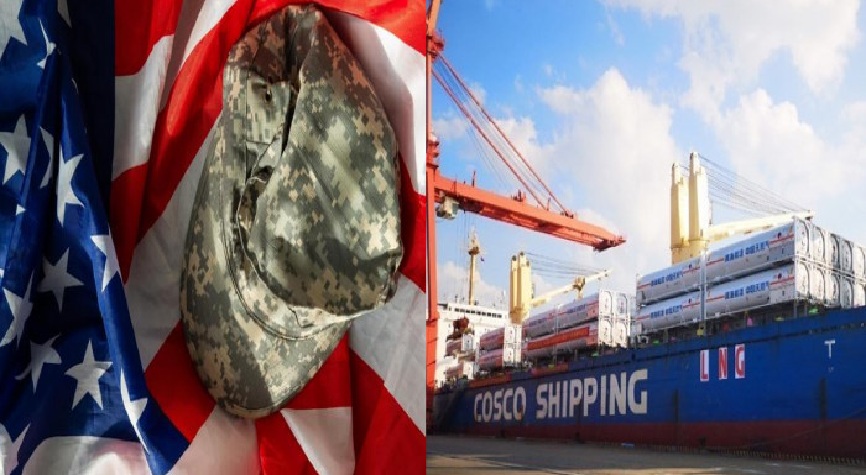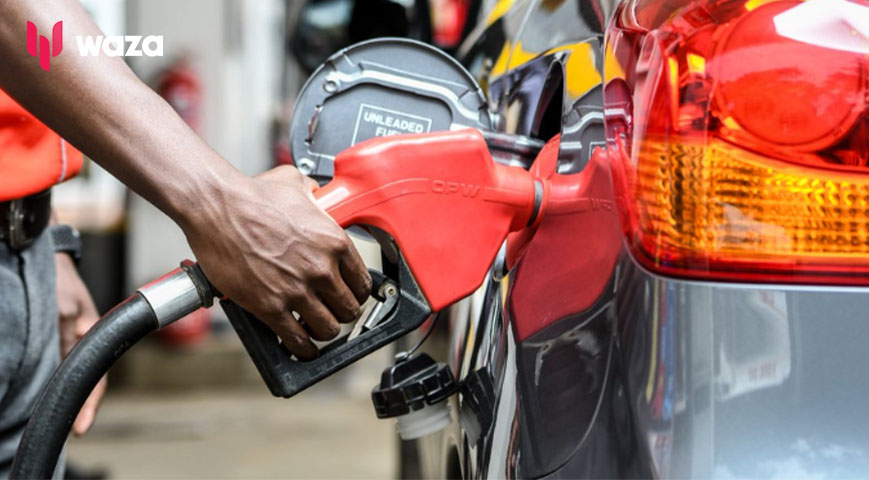The Kenya Association of Manufacturers (KAM) is against introducing a 10 per cent levy on imported raw materials and intermediate goods, saying it will make Kenyan products uncompetitive in the East African market.
The 2023 Finance Bill, which the National Assembly released on April 28, 2023, includes a provision for the Export Development and Promotion Levy.
It proposes additional taxes, restrictions, and incentives while attempting to change legislation governing various taxes and levies.
On May 24, 2023, KAM submitted its opinions and suggestions of its members to the Departmental Committee on Finance and National Planning of the National Assembly.
KAM Chairman Rajan Shah says the Association is concerned and opposed to imposing levies on imported raw materials and intermediate goods.
Did you read this?
“Imposing levies on imported raw materials and intermediate products shall make Kenya uncompetitive compared to other EAC Partner States.”
“This import levy on raw materials goes against the established taxation regimes such as EAC Common External Tariff (CET) and export-led Duty Remission Scheme (DRS).”
If the bill passes, some of the products slapped with additional levies include raw materials and intermediate products such as clinker, metal products (wire rods and billets), and packaging paper products.
KAM argues that additional levies will render Kenyan products uncompetitive from those of the EAC partner states and within the African Continental Free Trade Area (AfCFTA).
“It is our position and proposal therefore that the 10% Export Development and Promotion Levy on imports should spare raw materials and intermediate products, and instead, charge it on finished products only, except for goods originating from EAC Partner States due to Custom Unions Protocols, and countries with Free Trade Area (FTA) agreements with Kenya like the Common Market for Eastern and Southern Africa (COMESA) and Africa Continental Free Trade Agreement (AfCFTA),” Shah added.












